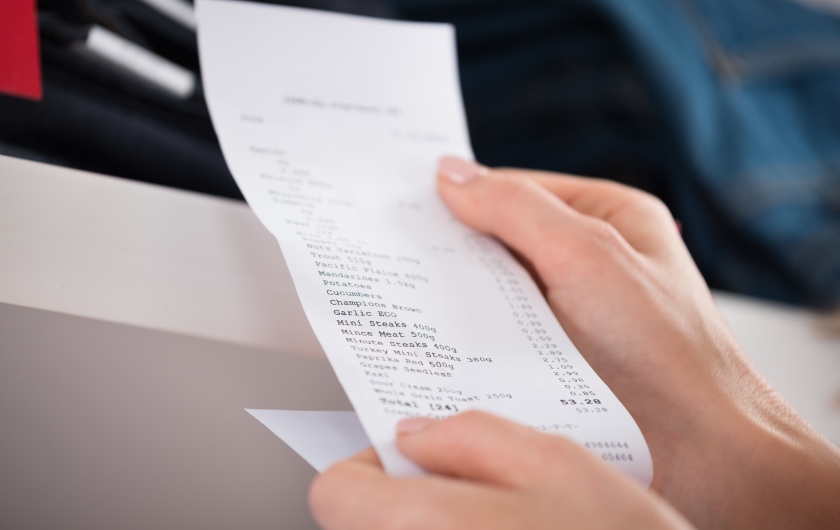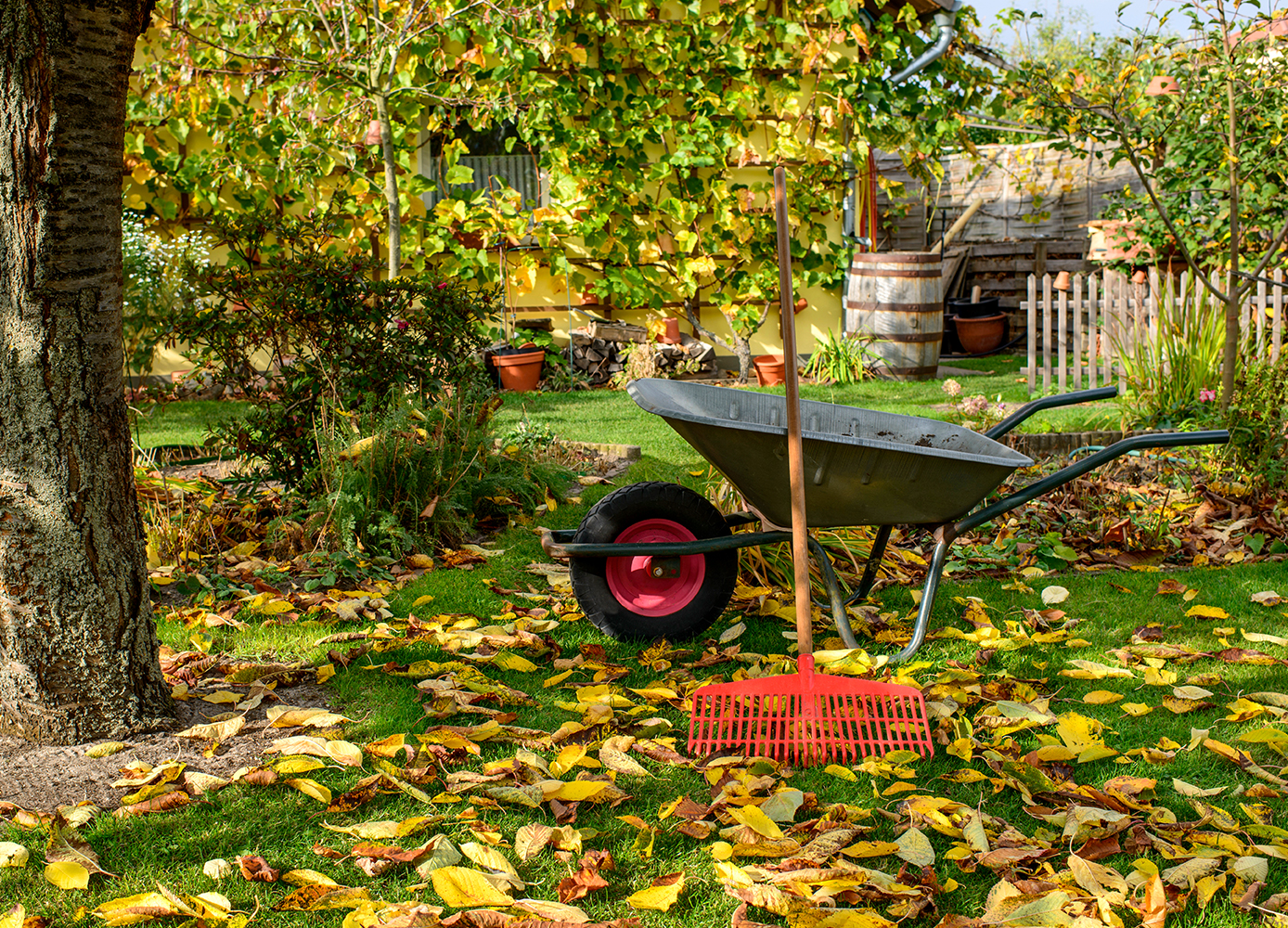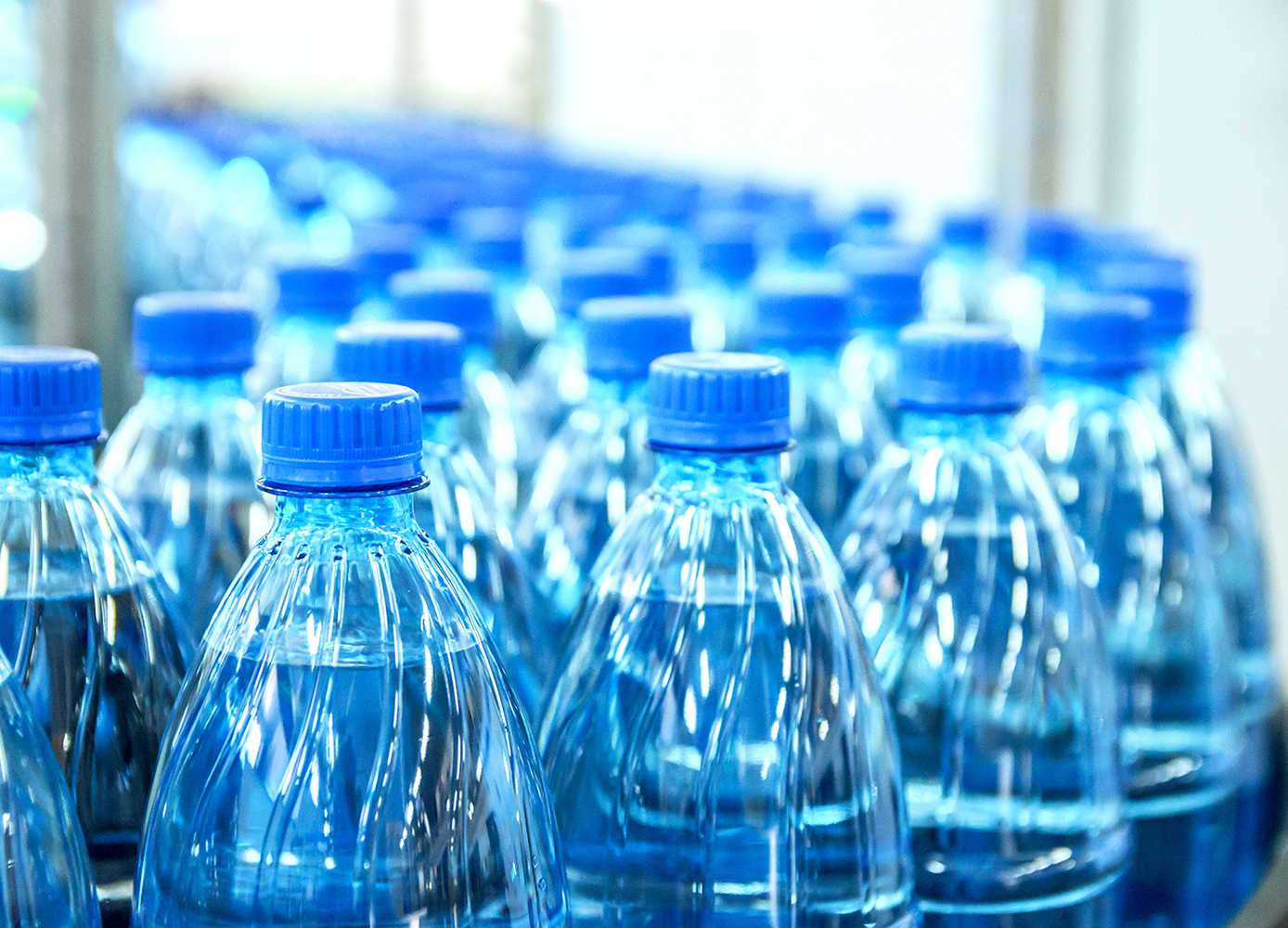A Canadian environmental group wants the use of toxic chemicals in receipts banned
Photo: iStock/AndreyPopov.
A Canadian environmental group is sounding the alarm over the presence in store receipts of bisphenol A (BPA) and bisphenol S (BPS), hormone-disruptors that have been linked to prostate and breast cancer.
In a report entitled The Hidden Cost of Receipts, Environmental Defence calls on the federal government to ban BPA and BPS by 2021.
Nine out of 10 Canadians have traces of BPA in their bodies, according to Health Canada, but the government maintains that we are exposed to very low levels that don’t pose a health risk. Still, the government prohibits the use of BPA in baby bottles.
In an experiment conducted by the group, four participants measured their BPA and BPS levels before and after handling receipts for 17 minutes—the time the researchers estimate an average cashier would touch receipts over an eight-hour shift. They found that levels of BPS and BPA increased markedly in all the participants, though the participants all had higher levels of BPS than of BPA.
“This is likely due to a greater use of BPS-coated receipts in the Canadian market,” their report states. As the negative effects of BPA have become popularized, the chemical has increasingly been removed from more goods on the market. However, many companies “have unknowingly switched to BPS receipts that are marketed as ‘BPA-free,’” the group said in a statement. “This is a perfect illustration of the failure of Canada’s toxics law to adequately protect Canadians and help businesses replace harmful chemicals with safer ones.”
That’s why the group is also demanding that legislation on toxic substances be updated so that these if these chemicals are banned from the market, they don’t get replaced with others with an equally negative effect.
The group’s report says women are at a higher risk for exposure because cashier and retail sales jobs are often taken by women. According to Statistics Canada, more than 250,000 women worked as cashiers in 2016, while more than 350,000 women worked in retail.
To reduce your own exposure, the group recommends that you:
- Don’t take the receipt from the cashier unless you need it.
- Ask for an e-receipt.
- If you do take the paper receipt, fold it so that the shiny printed side is in and you’re touching the probably uncoated back.
- Wash your hands after handling receipts.
- Don’t recycle receipts. According to the group, “Receipts should not be recycled, as the BPA/BPS coating ends up contaminating the recycling stream.”






